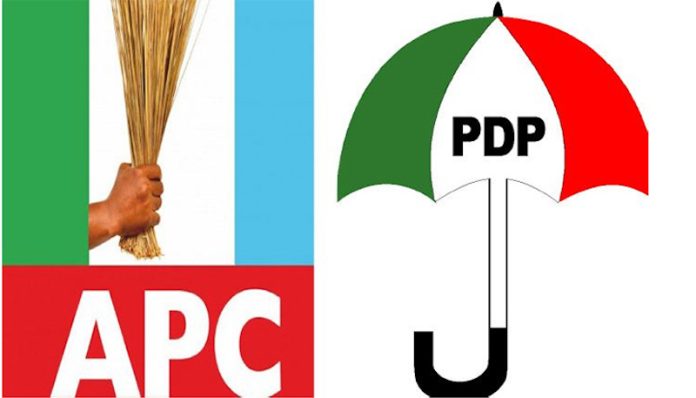As politicking for the 2027 elections gradually gains momentum, both new and familiar scenarios will inevitably unfold. Nigeria’s political landscape is dynamic, and often geopolitical, and 2027 will be no exception.
The truth is, despite its internal wranglings and historical baggage, any coalition that does not have the PDP as its central pillar is unlikely to achieve the kind of national spread required to win a presidential election in Nigeria. The PDP, with its extensive grassroots network and long-standing presence across all six geopolitical zones, remains the only opposition party with a truly nationwide structure ; even if its influence has somewhat waned in recent years.
Peter Obi and Rabiu Musa Kwankwaso, the two significant third-force figures from the 2023 elections , do not appear particularly enthusiastic about forming a coalition, at least not one that’s clearly defined or strategic. Obi, from all indications, seems prepared to give the presidency another shot. However, the conditions that led to his surprise performance in 2023 , particularly the wave of ‘unsolicited’ support from some urban youth and Christian voters disillusioned with the mainstream parties — have largely diminished. That groundswell was driven in large part by a reactive fear: the controversy surrounding Tinubu’s Muslim-Muslim ticket, which sparked anxiety among many Christians. Today, that fear has dissipated. Ironically, the Muslim-Muslim arrangement has more visible Christian participation in government than expected.
